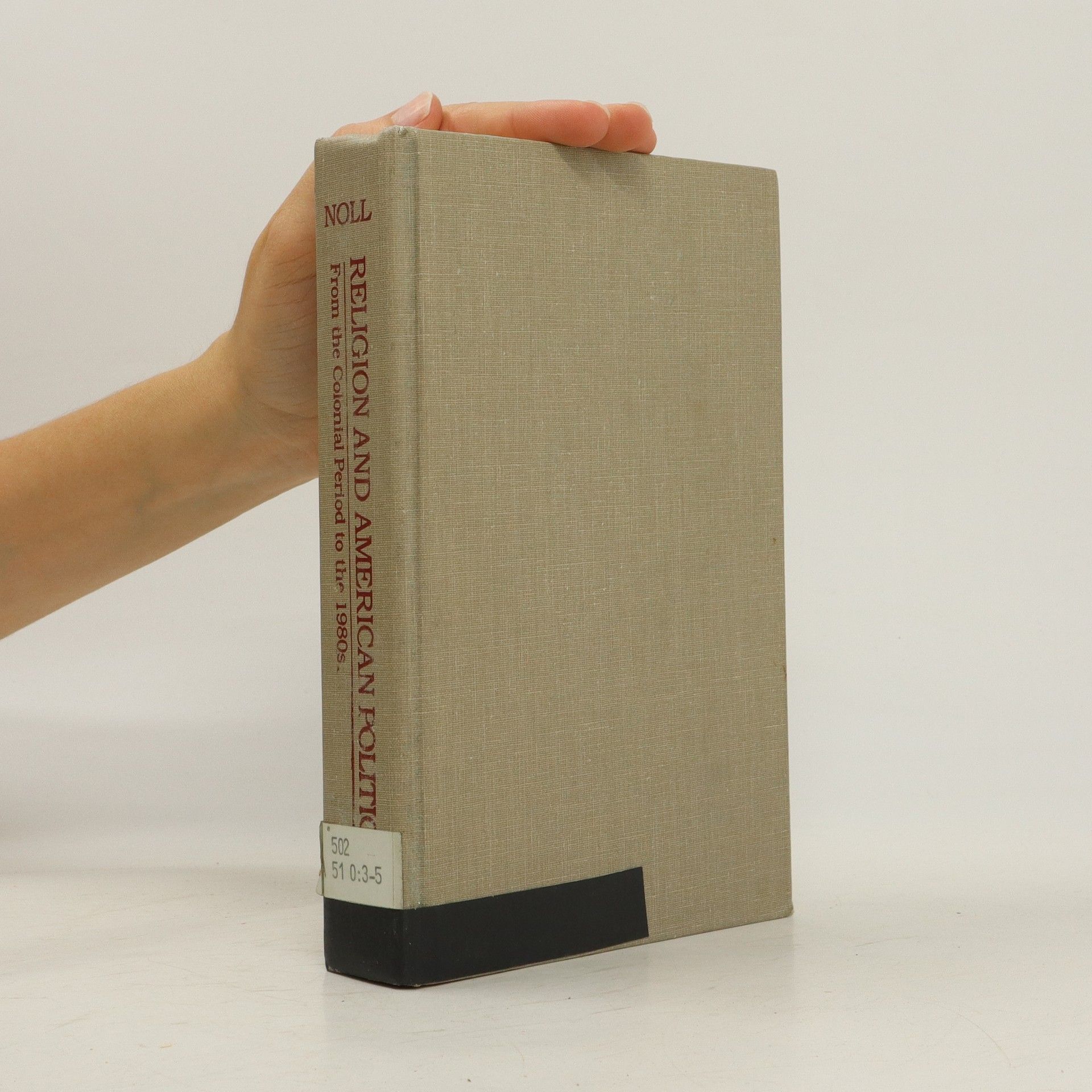A History of Christianity in the United States and Canada
- 592 Seiten
- 21 Lesestunden
A best-selling text thoroughly updated, including new chapters on the last 30 years "An excellent study that will help historians appreciate the importance of Christianity in the history of the United States and Canada." - The Journal of American History "Scholars and general readers alike will gain unique insights into the multifaceted character of Christianity in its New World environment. Nothing short of brilliant." - Harry S. Stout, Yale University "A new standard for textbooks on the history of North American Christianity." - James Turner, University of Notre Dame Mark Noll's A History of Christianity in the United States and Canada has been firmly established as the standard text on the Christian experience in North America. Now Noll has thoroughly revised, updated, and expanded his classic text to incorporate new materials and important themes, events, leaders, and changes of the last thirty years. Once again readers will benefit from his insights on the United States and Canada in this superb narrative survey of Christian churches, institutions, and cultural engagements from the colonial period through 2018.

